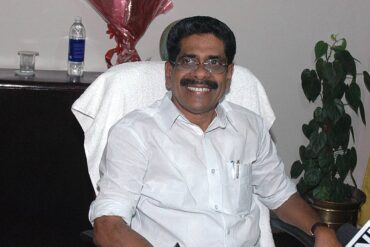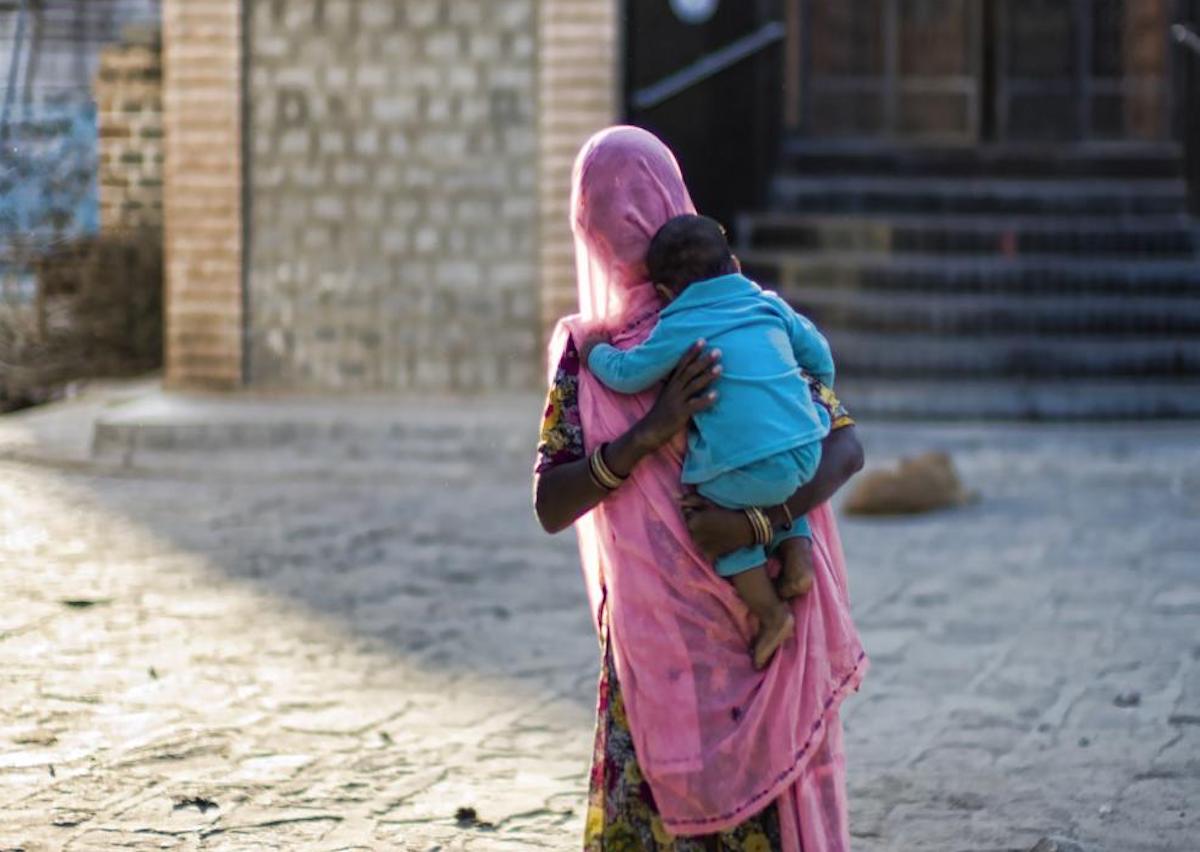By Lakshmi N. Kaimal
The tale of Tawoi written by renowned Assamese writer Lakshminath Bezbaroa sets the background of a grim tale of infanticide where a man buries his three offspring’s alive on the words of TAWOI (Wise man). After the birth of the 4th offspring the man rebels TAWOI and demands to know why. At midnight Tawoi takes them where the bodies are buried, and they hear dead babies talk, gnashing their teeth at having been denied their chance to destroy their father. TAWOI’s ditktat turned blessing to protagonist in the Tale of Tawoi and so has it been for Meera Santosh Pal on January 2017 where the Hon’ble Supreme Court played the role of the Tawoi. But on 26th February 2017 the Court blatantly refused to apply its wisdom in favour of Savitha Sachin Patil, a rural woman who pleaded for medically terminating her 26-week old foetus with Downs Syndrome. The reasons attributed for non- interference being that there is no discernible thereat to the life of the mother even though the child born would be mentally retarded.
The finicky and divergent Judgments rendered by the Apex Court without constitutionally determining the issue as to whether the ‘decision to or not to terminate her pregnancy’ is an extension of the women’s right to privacy has led to a state of utter chaos where on every occasion the aggrieved person would have to knock the doors of the court. The approach of the court is pedantic and is a missed opportunity for the Court to interpret the reproductive rights of the women. Many foetal defects including Downs Syndrome are detected after 20 weeks. It also takes 2-3 weeks for the medical report to the finalized. Hence by that time the defect is found the statutory permissible limits are in every likelihood to be over. The children born with such a disorder is likely to have heart, ear or breathing problems. Bringing up such a child would be huge burden for the parents and would deprive them of all chances to lead a meaningful life. It is also an irony that the State which casts the burden on the parents does not share the responsibility of taking care of children born with disabilities also.
Under Section 3(2) of the Medical Termination of Pregnancy Act, 1971 it is not permissible to medically terminate pregnancy beyond 20 weeks. The Act also mandates the permission of the medical practitioner for the termination of the pregnancies between 12-20 weeks. The circumstances under which abortion may be permitted is when there is a danger to the life or risk to physical and mental health of the woman or if there is ‘substantial risk’ that the child will be born with serious mental or physical abnormalities. Other than these grounds pregnancies that occur due to an act of Rape and Contraceptive Failure between married couples would also be presumed to constitute a grave injury to the mental health of the pregnant woman. The undue restriction on the reproductive rights of the women as per the Act is that it is the medical practitioner who in “good faith” forms the opinion regarding the mental and physical state of the Pregnant Woman. The provision is also draconian to the extent that it limits the application of the Act to married couples and sought to exclude all categories of women including those in live-in relationships. If the interpretation on the decisional autonomy of the women would have been proceeded by the Court it could have also opened doors for a discussion on pregnancy owing to marital rape as well.
Way back in 1973 the U.S. Supreme Court in its Landmark judgment in Roe v. Wade extended a woman’s right to privacy to include the “decision whether or not to terminate her pregnancy”. As far as India is concerned reproductive rights of the women is limited to the right of the women to procreate as well as to abstain from procreation only as held by Hon’ble Supreme Court in the Judgment of Suchita Srivastava & Anr. V. Chandigarh (2009)9 SCC 1. The Bombay High Court in its judgment “High Court on its own motion v. State of Maharashtra” while deciding a similar issue has observed.
“A woman’s decision to terminate a pregnancy is not a frivolous one. Abortion is often the only way out of a very difficult situation for a woman. An abortion is a carefully considered decision taken by a woman who fears that the welfare of the child she already has, and of other members of the household that she is obliged to care for with limited financial and other resources, may be compromised by the birth of another child. These are decisions taken by responsible women who have few other options. They are women who would ideally have preferred to prevent an unwanted pregnancy, but were unable to do so. If a woman does not want to continue with pregnancy, then forcing her to do so represents a violation of the women’s bodily integrity and aggravated her mental trauma which would be deleterious to her mental health.”.
Even though the Bombay High Court in the above mentioned case had its chips by deliberating on pro-choice rights of the women it also falls back on the limitations under the statute and hence is a cake not worth the candle so are the Judgments rendered by the Supreme Court lately. The Supreme Court also beats a retreat to the situation. Though the impending Medical Termination of Pregnancy Bill 2014 allows termination of pregnancy till 24 weeks it also does fails to deliver on the pro-choice rights of women. Hence the diktat of the Tawoi (Old wise Patriarch) for woman pro-choice rights on termination of pregnancy continues.
Lakshmi N. Kaimal is an Advocate practicing in the Supreme Court of India.
Cover image courtesy: Christopher Michel, CC BY 2.0 , via Wikimedia Commons







